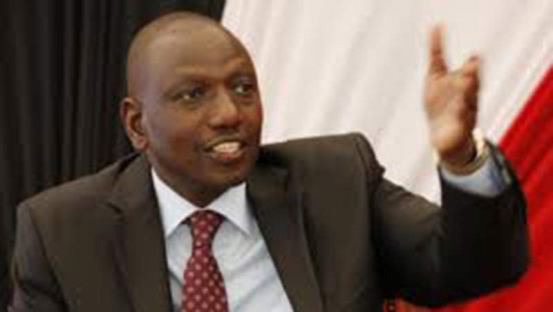×
The Standard e-Paper
Home To Bold Columnists

Kenyans reacted with mixed feelings about the recent intellectual discourse on whether the country should split through secession or not. As weird and reckless as this separatism idea-- which by the way is not new in Kenya-- may have appeared to some, it however spoke volumes about the rising despair in the country which is a ticking time bomb that we need to confront before it ultimately explodes.
BAD POLITICS